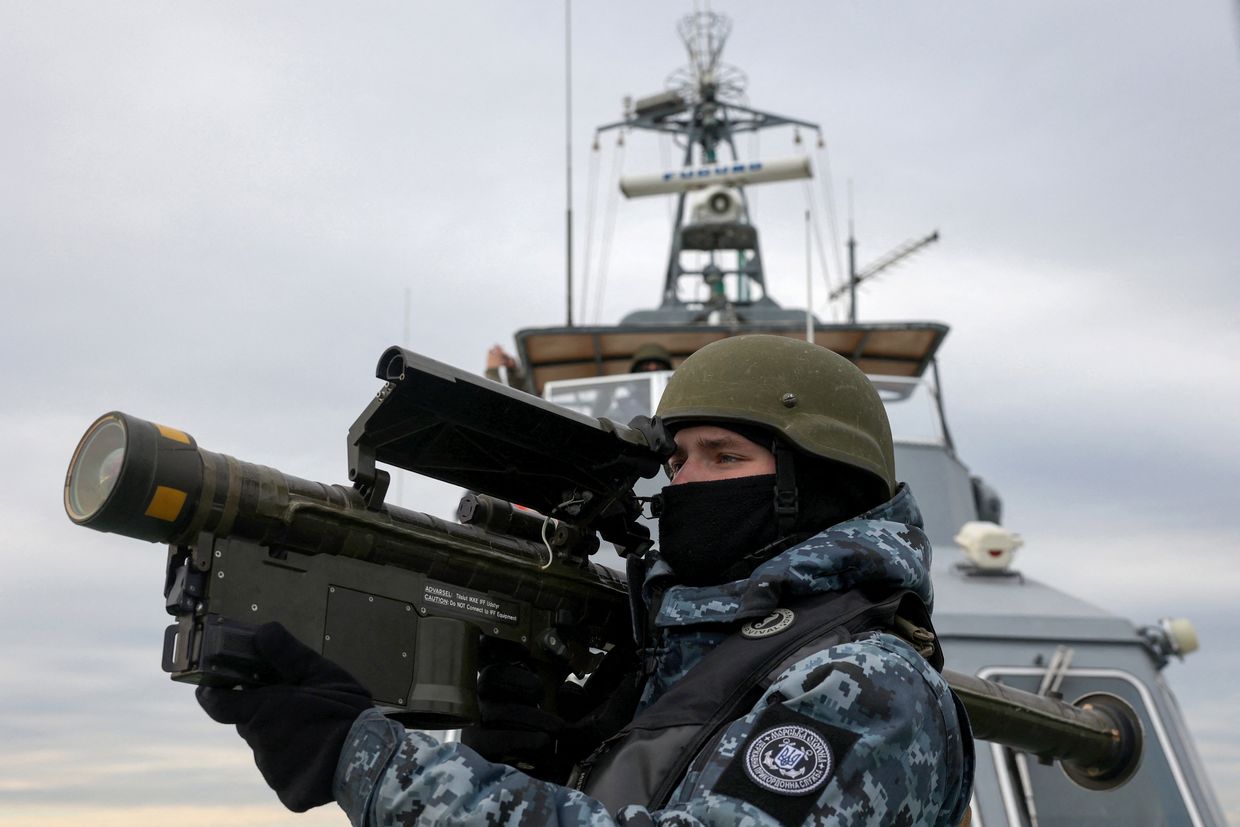Netherlands announces $23 million for Ukraine's air defense, cyber resilience

The Netherlands will contribute an additional $23 million to bolster Ukraine's air defense systems and cyber resilience, Dutch Foreign Minister Caspar Veldkamp announced on X on Dec. 4.
The announcement followed Veldkamp's meeting with Ukrainian Foreign Minister Andrii Sybiha during a NATO-Ukraine Council meeting.
Veldkamp emphasized the need for NATO and its allies to address third countries aiding Russia’s war effort. "This demands a more robust and coordinated response from NATO and its Allies," he wrote.
This support comes amid increased Western efforts to strengthen Ukraine’s defenses. On Dec. 2, U.S. Secretary of State Antony Blinken unveiled a $725 million weapons package for Ukraine, which includes Stinger missiles, ammunition for HIMARS, 155 mm and 105 mm artillery shells, drones, and landmines.
The Biden administration, approaching the end of its term, is prioritizing Kyiv’s defense capabilities before the January transition of power. These measures aim to reinforce Ukraine’s resilience as it continues to face Russian aggression.
The Netherlands previously supplied Ukraine with several Patriot air defense launchers, most recently delivering three in November. The country also pledged to provide a full battery in cooperation with another unnamed partner, but the plan was never completed as the partner backed out.












